Hansel Vaz is Taking Goan Feni to the World

In the conversation on indie spirits, no one stands out quite like Hansel Vaz. He has doggedly told India’s feni story, carrying it beyond the borders of Goa, to audiences who hang on to every word, as he describes an artisanal local spirit, rooted in the culture and traditions of a craft unlike any other.
The first time I met Hansel Vaz, I was three hours late. I was on my way to Fazenda Cazulo, his feni tasting experience on a cashew farm in South Goa, when an unexpected traffic jam caught me unawares. I reached toward the end of the tour, when everyone was satiated on feni cocktails and food. Despite this, Hansel insisted on showing me around the farm, including his prized collection of garrafões, fed me food and feni.
Over the years, over many meetings and as many interviews, I learned many of Goa’s secrets through him. And, not just on feni; he would tell me where to find a great thali, knew every new restaurant in South Goa, and has insider news and on all things Goan.
Profiling him can seem insurmountable. But, if Hansel could take feni from near obscurity outside Goa, and turn it into one of the country’s most exciting drinks, I must definitely try.
Hansel Vaz’s first brush with feni was at the age of 4. A “cuddly, Obelix-like boy” of four, exploring his village of Cuncolim on a cycle. The Vaz family had a bottling plant where the women working there would catch hold of him, and feed him a small guddi (capful) of feni. “They believed it was like a tonic; good for your health,” he tells me with a wry smile.
It was around the same time that he first visited a feni distillery, with his father. It was a farm in Bali. He vividly recalls sitting with his father, and the owner, on the steep slopes under the afternoon sun. “When the breeze moved, we heard the cashews falling and it sounded like rain. It’s a memory that is etched in my life.”
Hansel has an elephantine memory. It will serve him well when he finally gets around to writing a book about his life and the story of feni. In today’s Goa, feni cannot be spoken about without a hat-tip to the not-so-Obelix-like geologist with an easy smile and ready wit. He single-handedly orchestrated the country’s feni revival.
Quite a feat for someone who at one time, wanted nothing to do with feni.
Hansel’s tryst with feni starts, like all good things, with some family history.
His great-great-grandfather was a timber merchant and builder who was given the first liquor licence in Maharashtra. Left penniless after his death, during Prohibition, his family took to bottling medical spirits. It kept the fires burning in the Vaz household. In 1977, they started Vaz Enterprises, to sell all kinds of spirits. In 1983, the year Hansel was born, his parents started Vaz Liquor Industries, selling a feni named for his grandmother, Dona Maria. On the side, his father was running a provision store (also selling liquor) in Margao; in 1998, they moved fully into the alcohol business.
Despite being involved in the family business, accompanying his father to farms, working at the family store, Hansel didn’t consider working with feni. “I knew I had a calling, as a kid. I just didn’t know what it was.”
It helped that his parents did not push the three siblings; his mother just wanted them to study. “We developed deep roots, and were given wings to fly. We were always allowed our opinion,” he says. The school-going Hansel was easygoing and popular, playing sports, sculpting and painting. “He was a charmer, and very popular with the girls,” says his wife, Wenona Fernandes. “I had a huge crush on him.”
They studied together in Class 12, and before leaving for Bombay to study at St Xavier’s College, he asked her out. They’ve been together ever since.
Spending his childhood outdoors left him with a fascination for nature, which greatly influenced his decision to study ecology, and then shift to geology, in St Xavier’s College, Mumbai. Before graduating, he landed a job with Baker Hughes and moved to New Zealand.
Life was good. Hansel was earning well, learning how to be methodical, and excelling at his job as a mudlogger. “I thought that was my career, and I wouldn’t return to India.”
But in 2009, two pivotal things happened to change his mind: the recession hit, and he learnt that job security wasn’t a given; and second, the protests about the regional plan 2011, which fuelled his angst about contributing to his homeland. “I wanted to do something for Goa,” he says.
The ‘something’ turned out to be feni.
He didn’t want to return and take over the family business, or work for his father, so he settled on a compromise — take over the flagging section of the business and build it up — this was the family’s feni business.
His first step back was to launch a new feni brand, put his name on the bottle, and give it a premium tag. Enter Cazulo Premium Feni. “Feni is Goa, Goa is feni, Feni is Cazulo.”
“I have strong Goan roots and I wanted that to be translated in the bottle. I wanted Cazulo to be an ambassador for the land and people.”
Cazulo was run long-distance. Still employed and working abroad, Hansel spent time learning about branding and design; attending tasting sessions to learn how to refine a drink and break down flavour profiles. On frequent visits to Goa, he sought out farmers and cashew, filled bottles and even hand-stamped them himself.
Cazulo began with 32,800 bottles. “We took the business from 3 lakhs to 29 lakhs in the first year.”
Just launching a new feni was hardly enough. He had detractors, and many of them — who questioned his higher pricing, and whether he was making feni inaccessible to locals. But Hansel was undeterred… it wasn’t just about getting locals to drink his feni; he wanted people who’d never heard of feni to try it. After launching, he knew he had to find fun ways of getting people to sample the spirit. And that’s where he started building out a cocktail programme.
Hansel would fly back and forth, hand-stamping bottles on layovers and dreaming up cocktails on flights. He was constantly working and planning. “It consumed me. I don’t think I’m as consumed now,” he grins.
In 2015, he finally made his return to Goa to give feni his undivided attention. “My wife doesn’t like the fact that I came back for feni, and not her and the family,” he says wryly. Wenona agrees. “I would tell him, your heart is made up of Cazulo and Babulo (a pet name for his son, Liam).” Though they’ve been together for decades, Wenona is clear that she has played a supporting and not active role in his feni business; she doesn’t enjoy drinking alcohol. “I knew he had these plans. He is very methodical, and headstrong. He would ask for my honest opinion and I would give it,” she says. “I just told him, ‘It is going to work. If it makes you happy and feels there is potential in it, then go for it’.”
The only time her support wavered was in 2017, when Hansel’s years of travel and work took a toll on his heart. “The thought occurred to me that he needed to stop. He was so consumed by the work.” But a weak heart didn’t stop him. A year later, he opened Fazenda Cazulo, introducing people to Goa’s first feni tasting.
A sample of Hansel’s collection of garrafoes.
The feni tasting at Cazulo includes coconut, cashew, and a few other expressions of feni.
Fazenda is where a lot of things came together for Hansel — it allowed space for his collection of garrafões (glass jars used to store feni), and a chance to teach people firsthand about feni. Fazenda gave Hansel a platform to talk about the spirit. “It is difficult to talk about feni because there’s a prejudice about it being a country liquor. You need a lot of confidence to hold someone’s attention,” he says.
Fazenda now offers a Floating Feni experience, which includes a tasting, a pairing with food, and some cocktails. In addition, people get to tour the farm, see the processes, and the distillery and learn how it is made. “I’ve actually made it simple for people to understand. People think I’m a great talker but I’m just talking about what I love.”
Tyson Da Costa and Hansel Vaz at Fazenda Cazulo.
It was one of these sessions with Hansel that drew Tyson Da Costa, a former theology student who was eager to do something on his own. “When he was talking about feni, it struck a chord, especially for someone like me who enjoys learning about Goan history. I was fascinated to see the whole journey of feni.” That one visit with Hansel turned Tyson to his calling — today, he is a feni sommelier, and conducts and hosts Fazenda Cazulo sessions. Tyson has worked with Hansel for almost two years and describes it as “a passion, not a job”.
Anyone who has met Hansel will tell you he is charismatic and confident, backed by years of research and learning. “Goa would’ve been a lot poorer if I hadn’t done what I did: tell the real story of feni,” he says. “We got people talking about feni.”
It may sound like a brag, but the evidence speaks for itself. Today, feni cocktails are a common feature in most bars, and through Fazenda, he has created a benchmark for innovative and experiential tastings. Cazulo has even taken feni abroad, to bars in South East Asia. “He is a visionary,” adds Tyson. “Being around a visionary is contagious. You too start seeing feni from the same lens as he does.”
The feni industry is growing, and the future looks sparkling — there’s an annual Cashew Festival that aims to offer information about the fruit and its products, and every few months, there are new feni brands launching in the market, telling a story about this natural, artisanal spirit rooted in craft. “Now, the industry needs to look at how high we can take feni, and figure out how to make it better. You have to age it, in oak or underwater, or underground in wooden barrels.”
If Hansel had a superpower, it would be understanding feni. Aided by years spent visiting distilleries, talking to farmers and learning about cashew, he has developed a sophisticated palate for it. In a single sip, he can tell you if it’s been adulterated, which village it is from, and the talent of the distiller. “He is known everywhere because of the work he has done. His knowledge about feni is extensive, and is backed by research. I don’t think there is anyone who knows as much as he does,” says Wenona.
Hansel at a private feni experience organised for mixologists from Benfiddich Tokyo.
Despite multiple offers of investment from large conglomerates in alco-bev, Hansel remains focussed on consolidating Cazulo and its offerings. The family company, Vaz Liquor Enterprises, opened a liquor supermarket in 2017 with what he calls the ‘biggest portfolio in liquor’; they recently launched their third store in the state. Coming soon is a feni bar, offering the complete and quintessential feni experience.
When not consumed with promoting feni, Hansel plays badminton, occassionally goes on rock collecting missions with Liam, and spends time with his family, which now includes the addition of a newborn, Vera. Beyond feni, he is a passionate advocate of all things Goan, including its traditional tavernas and old school eateries. The retirement plan is to set up a small cashew farm, and continue to distil.
Expectedly, for someone with such popularity, he does also have critics. But he doesn’t seem to mind, confident that if he dreams it, he can do it. Most recently, he wanted to launch a ‘one-million cashew tree project’ to safeguard the future of cashew feni. So he went out and bought a thousand saplings, and donated them to a farmer. “I am not a preacher. I am just going to do it.”
Joanna Lobo is an independent journalist from Goa who enjoys writing about food, her Goan heritage, the freelance life, and other things that make her happy. She’s also an editor at Goya. Follow her on @thatdoggonelady.
ALSO ON GOYA





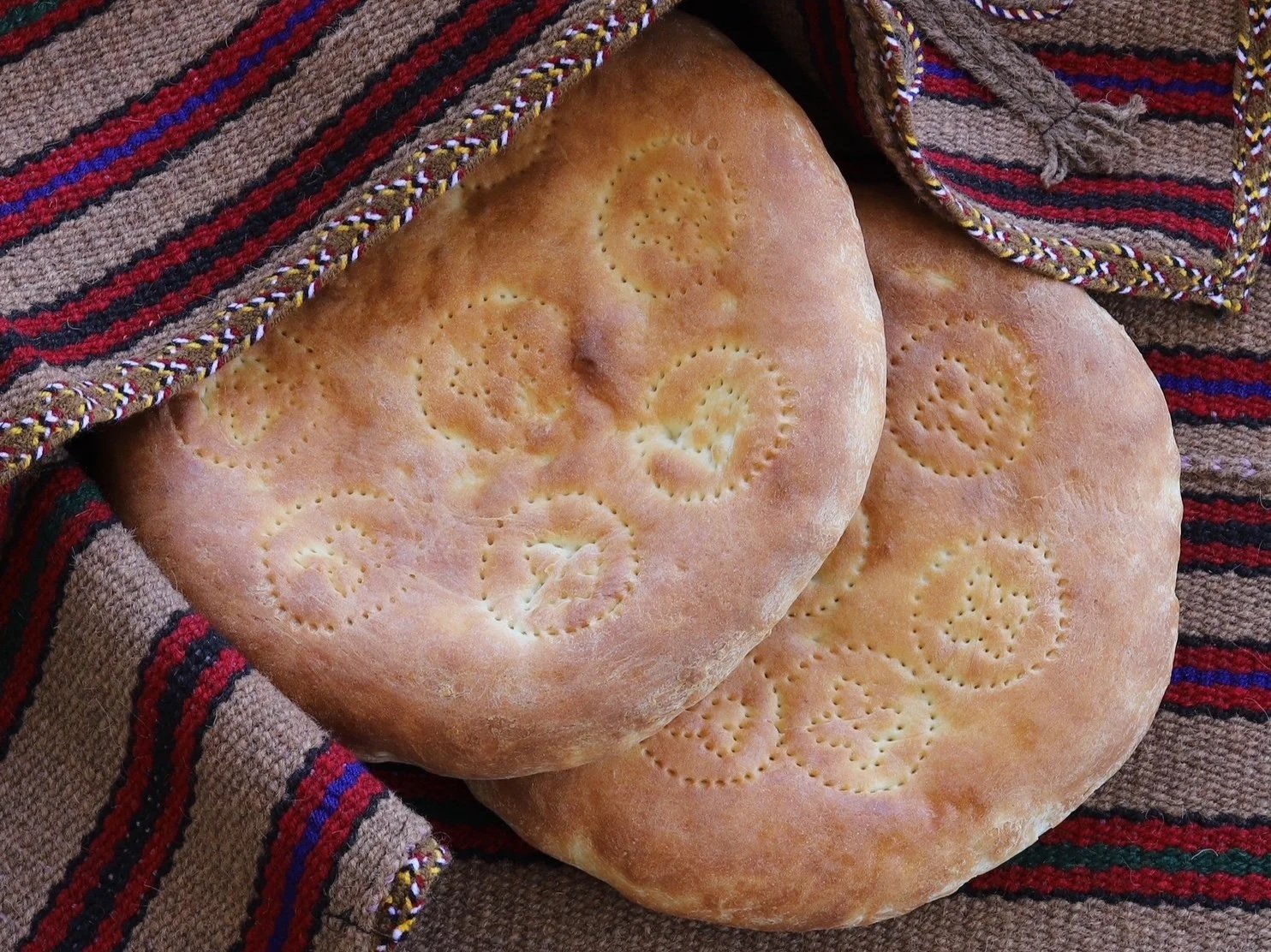
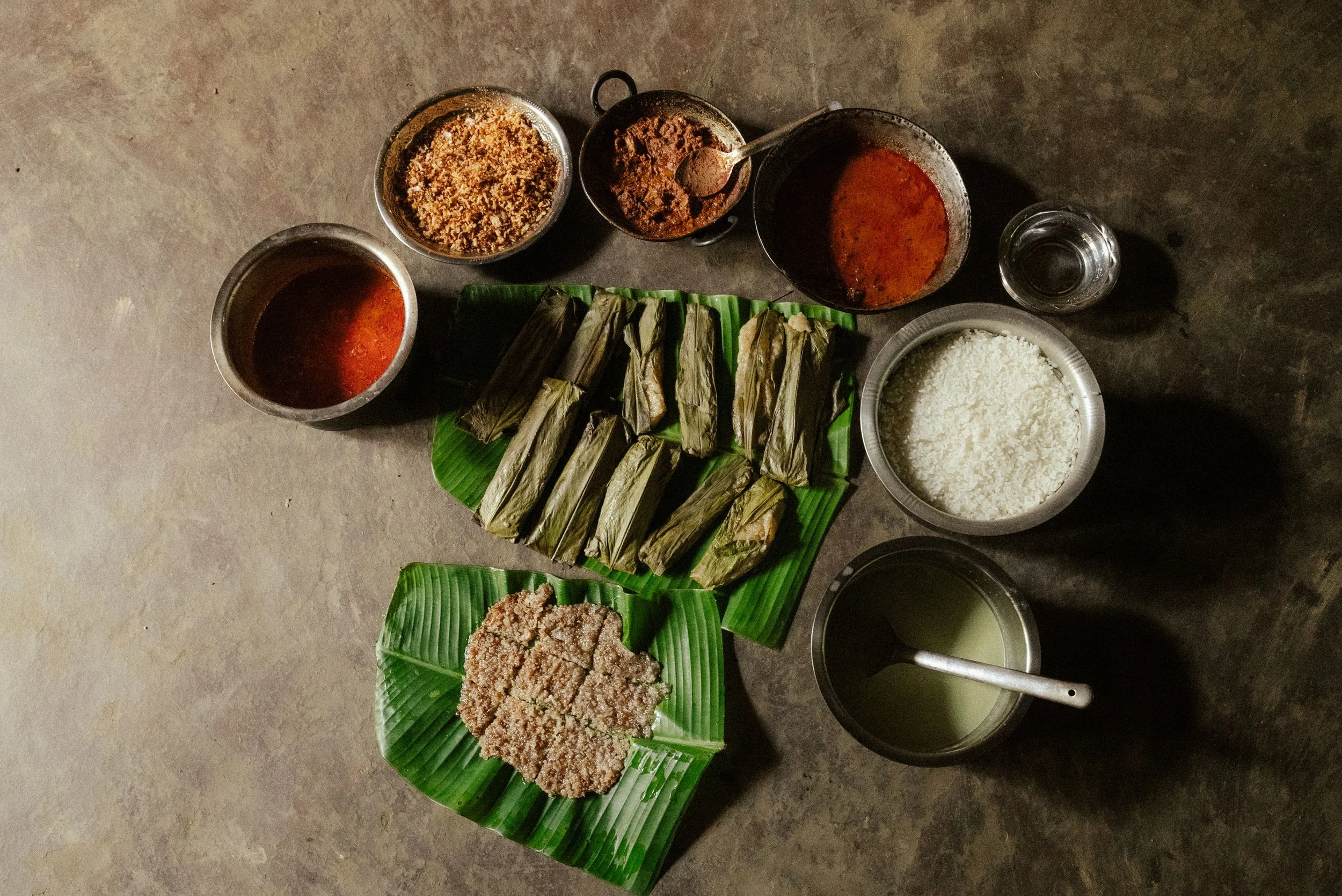
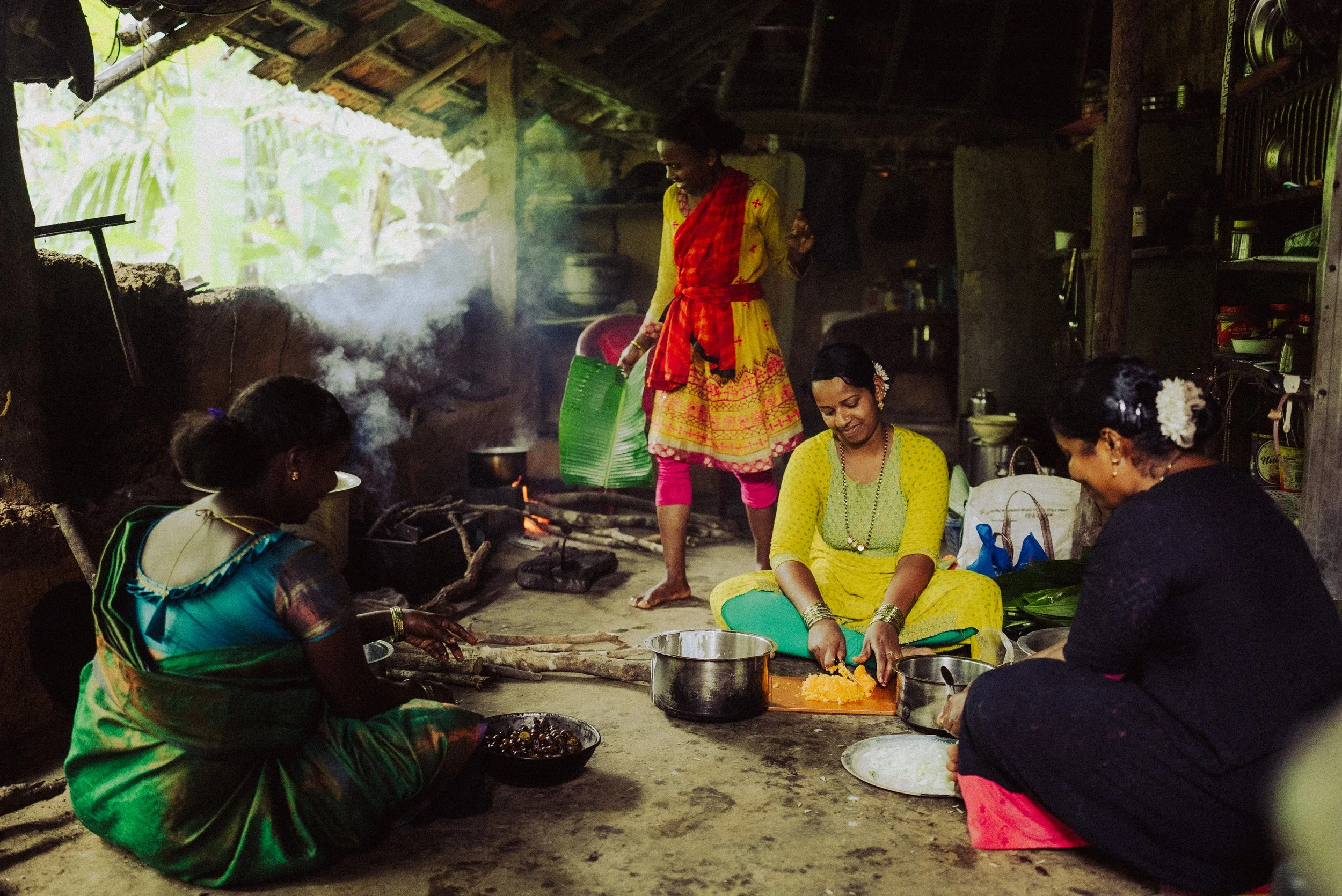
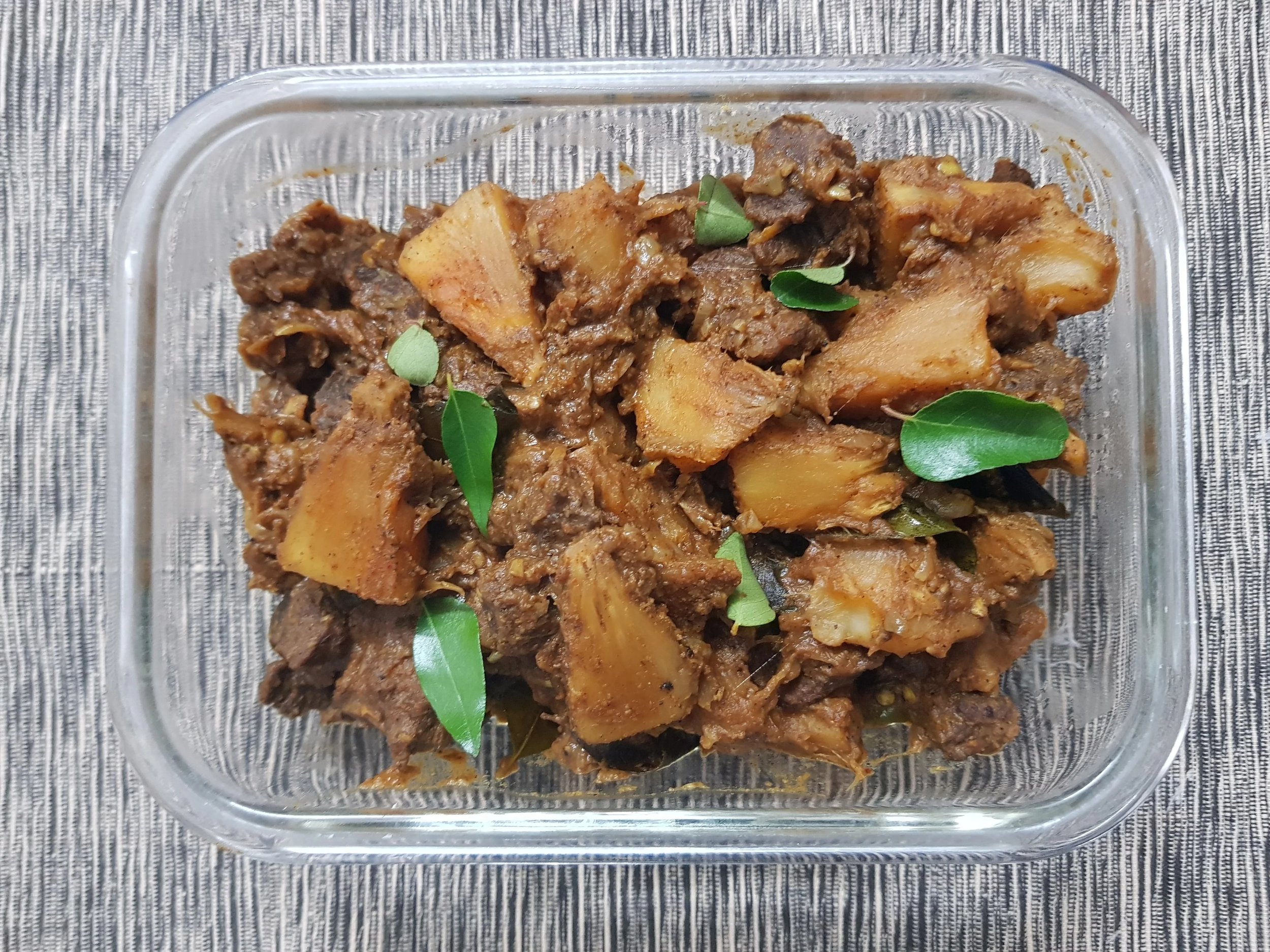
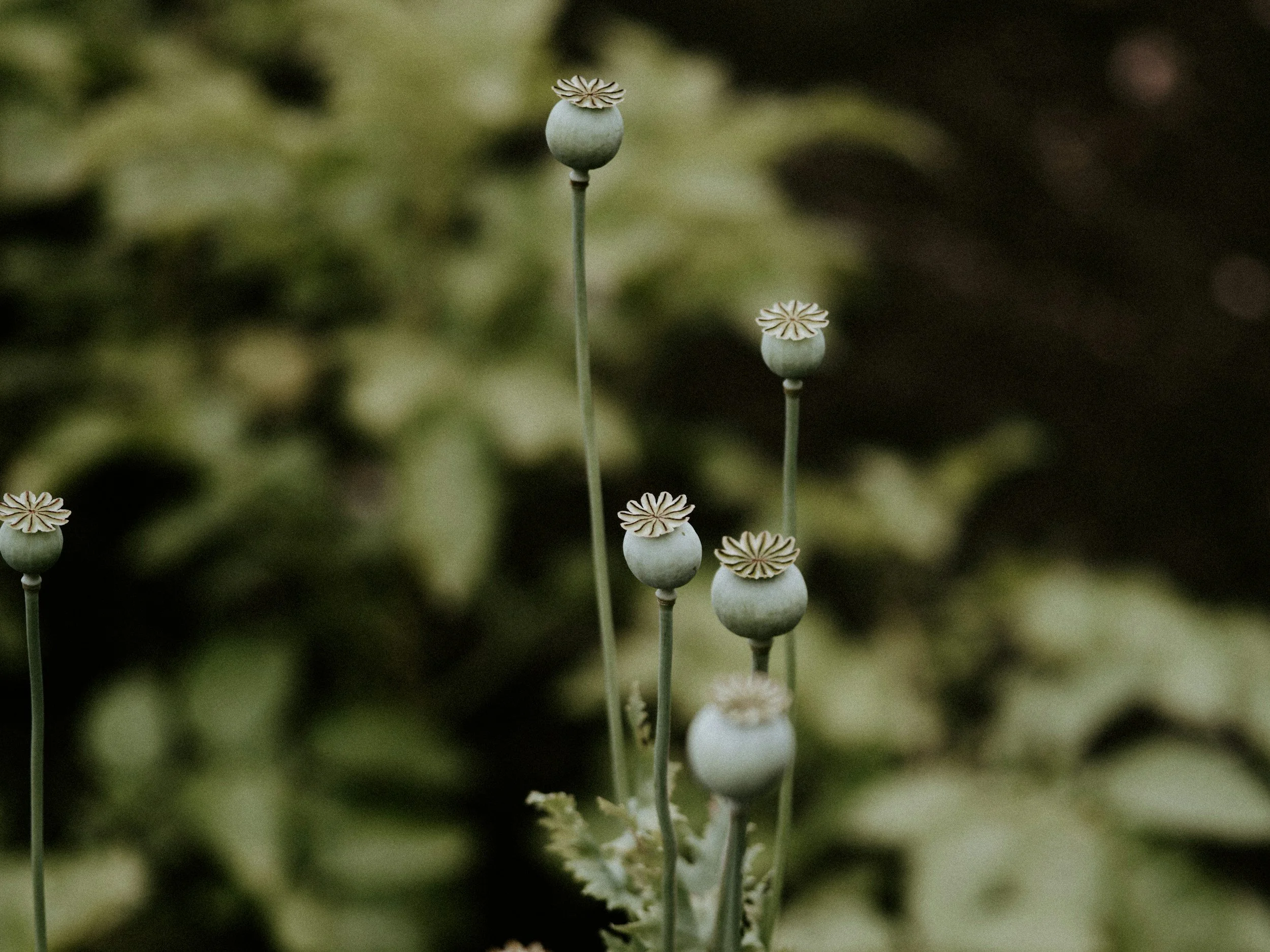
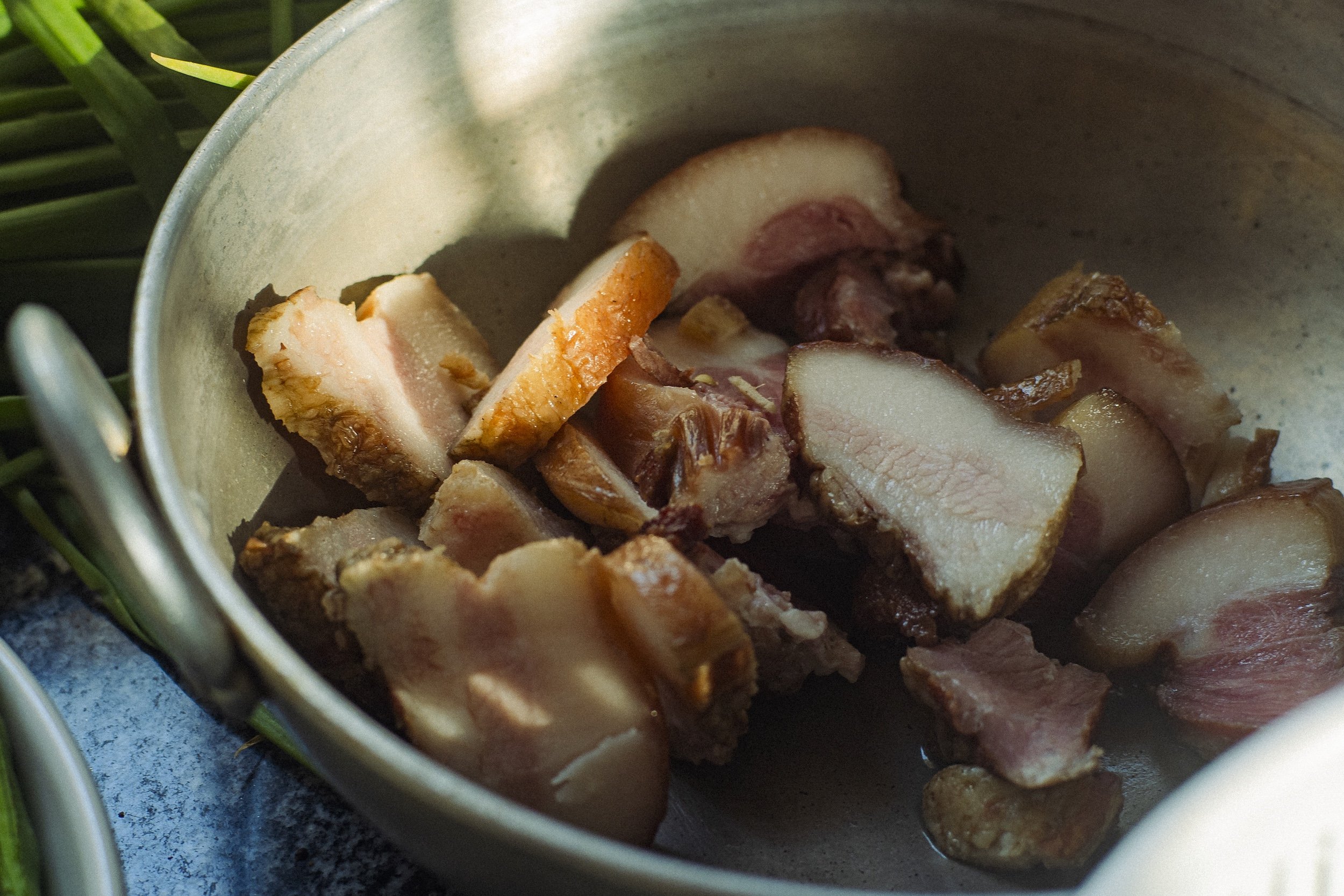
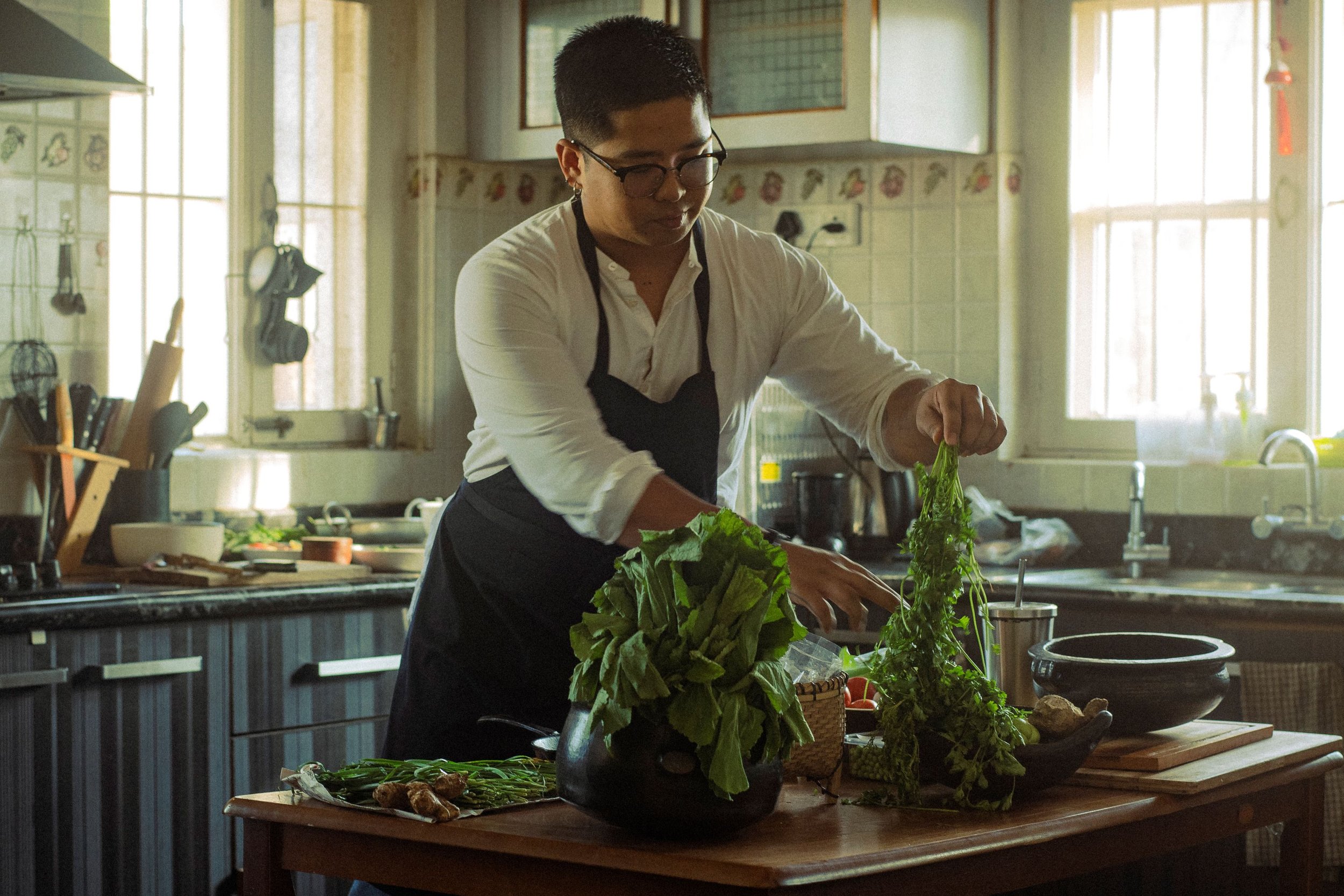
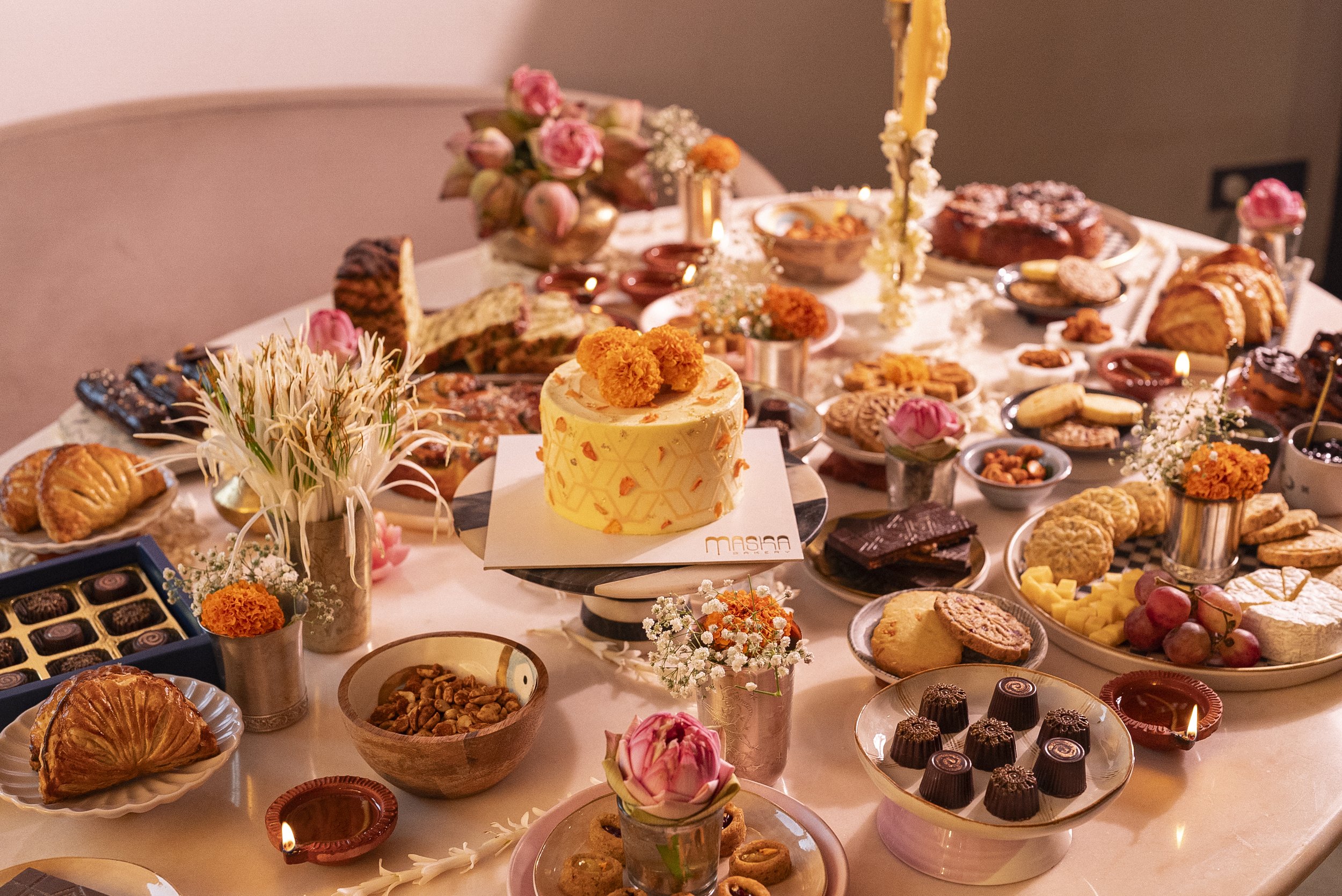
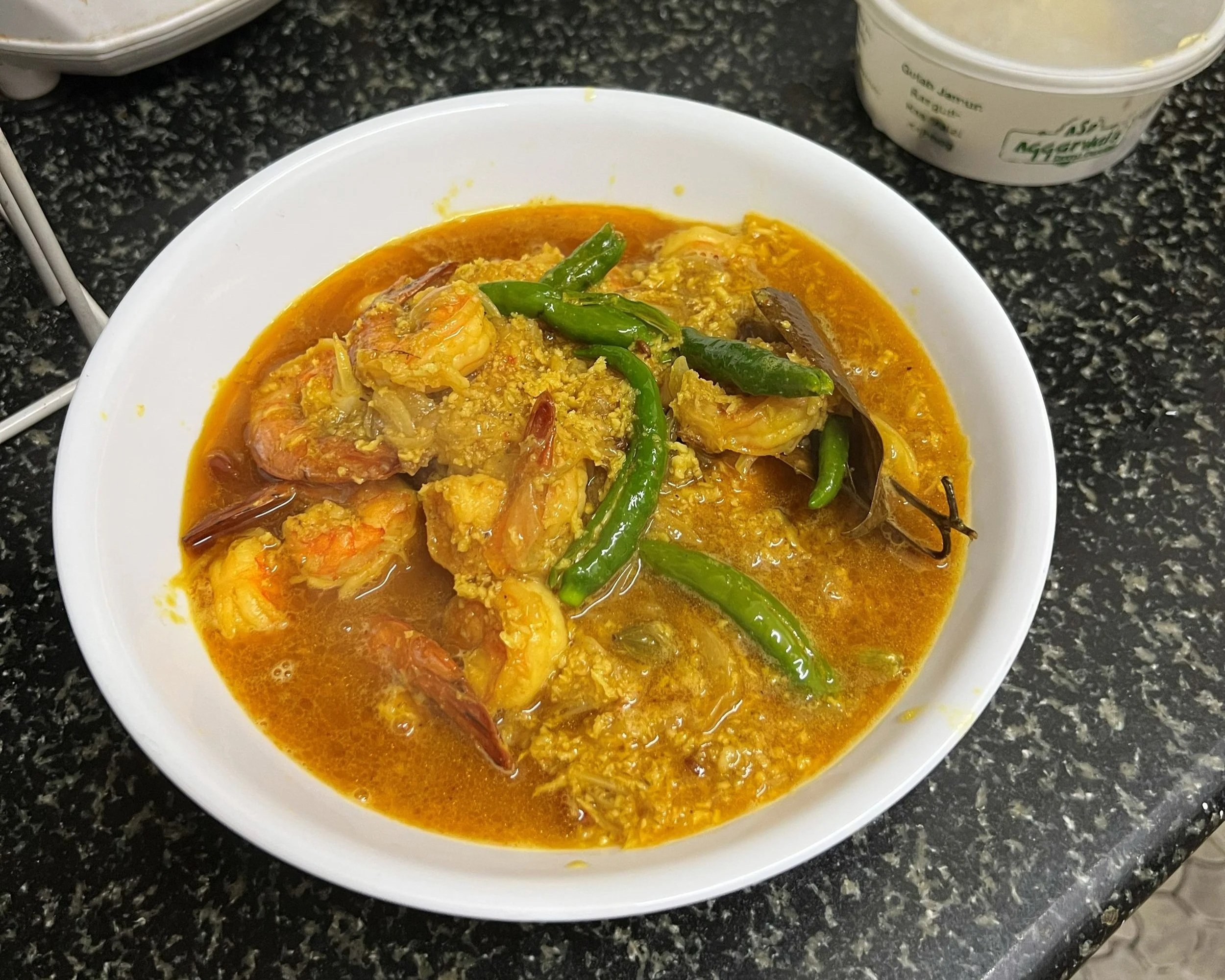
Neo-nomad cuisine of Central Asia | Terrence Manne